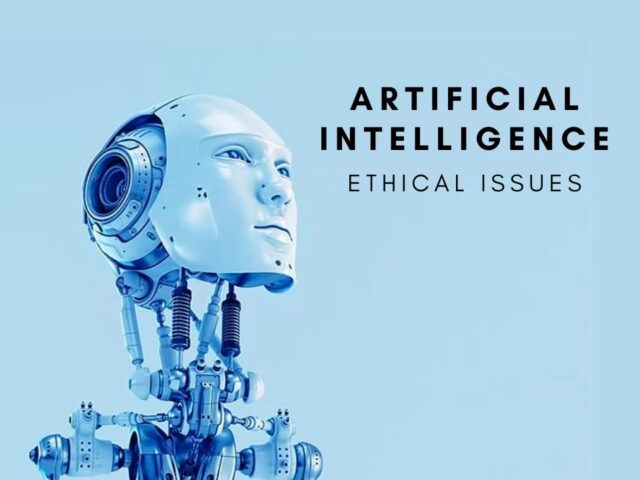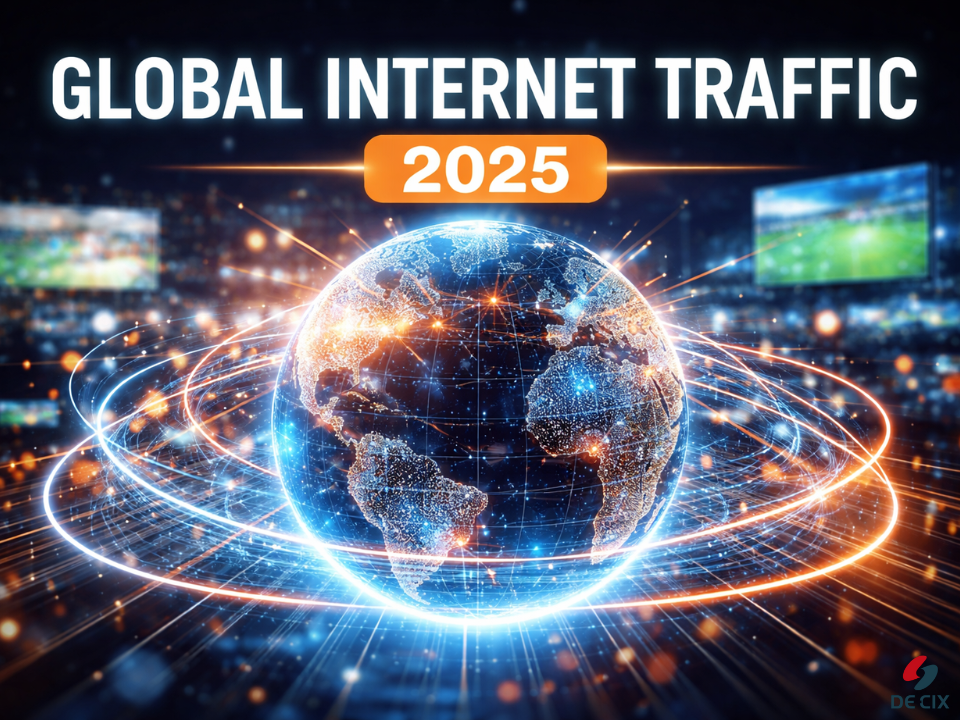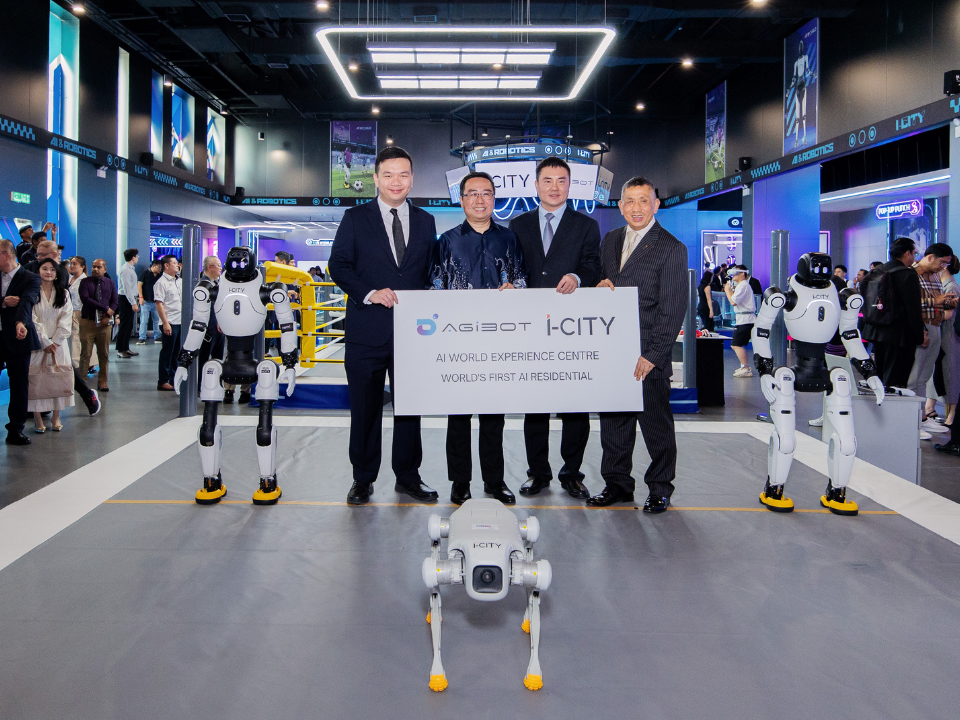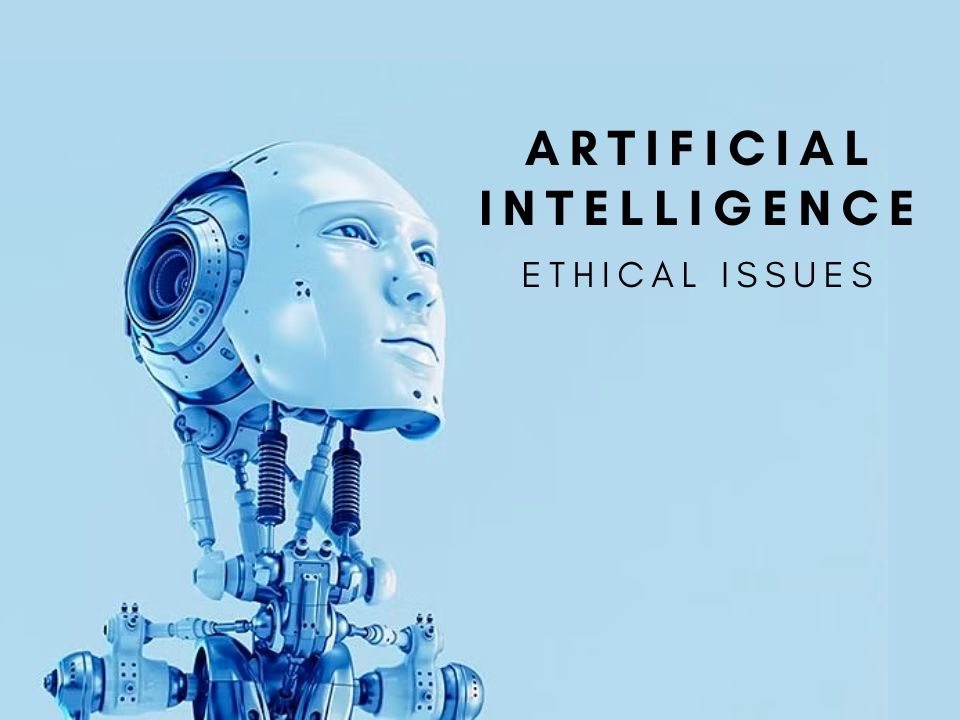
It is no surprise that the rise of Artificial Intelligence (AI) has awakened some ethical issues in society. Although that, search engines, fraud protection, mapping, and facial recognition, to name a few, have all benefited greatly from the increased use of AI. However, in recent months, AI has received more media coverage than ever before. Just like the previous industrial revolutions, it has swept the globe.
All That Glitters Is Not Gold
What are the issues resulting from the rise of artificial intelligence (AI)? These might answer your question.
1. Unemployment & Income Inequality
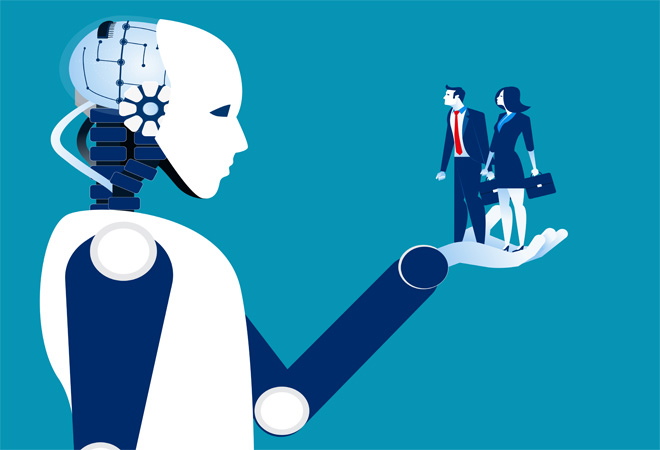
Image via Startup Terminal
AI is likely to eliminate several job categories, just like many other innovative technologies before it. Since AI’s invention, many professions are at serious risk of losing their jobs. The earning potential of middle-class and lower-class workers will be impacted in tandem with these job losses because they are disproportionately concentrated among mid-level employees and higher middle-management individuals.
Upon producing a new generation of wealthy tech barons, it forces many workers out of higher-paid positions. This is likely to increase the existing extreme income and wealth disparity.
2. Bias

Image via Feedzai
In the data used to train them, generative AI models have the potential to reinforce and even magnify pre-existing biases. For instance, a text reflecting biases in a biased collection of news items could be produced by them.
Additionally, certain prejudices or experiences that are pertinent to ESG issues may not be taken into account if the individuals who trained the algorithm are not from a variety of backgrounds. This could enable harmful discrimination and misconceptions to continue to arise.
3. Misinformation

Image via Axios
A significant risk of misinformation is “hallucination,” or the ability to boldly come up with a wrong response. As a result, deep fakes or other modified content might be produced, which might be exploited to propagate false information or harm.
Machine learning methods are used by generative AI to create new data, which could produce inaccurate results. Thus, training models with data that is readily accessible to the public could spread false information.
4. Loss Of Social Connect
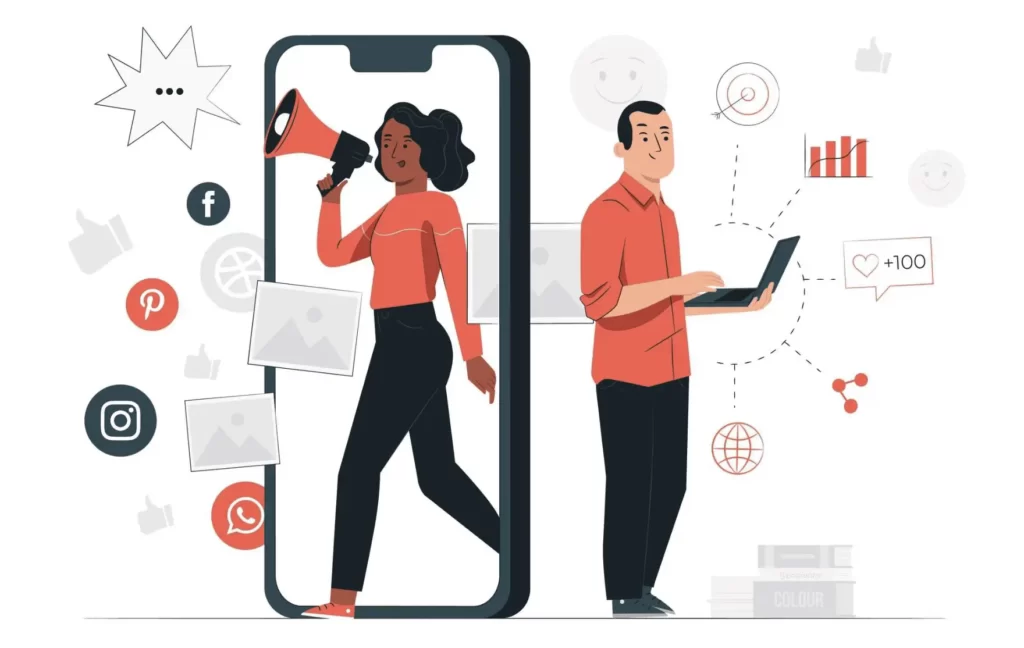
Image via Artificial Intelligence +
As a result of automation and the usage of AI tools, people frequently lose their sense of social connection. Notice how we can easily access information in a matter of seconds just by typing away our inquiries online? Like how we use ChatGPT to get ideas for our essays. The gap between how we communicate on social media and how we actually connect will widen as a result of AI. As a result, people could lose some of their human values.
5. Impact On Educational System
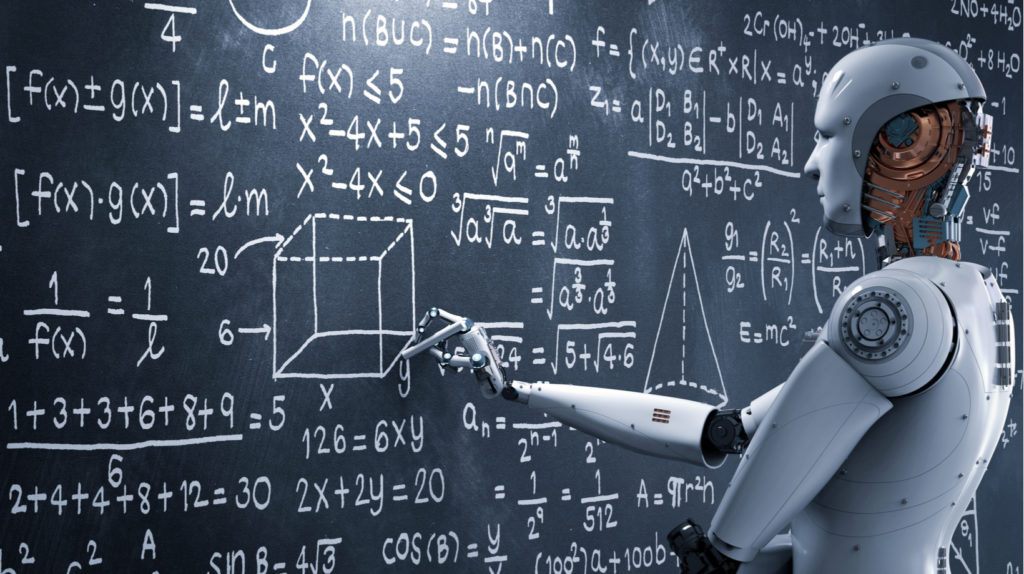
Image via e-Learning Industry
Numerous ethical issues about the societal effects on educational systems are raised by generative AI. Indeed, the entrance of technology into the classroom has sparked both enthusiasm and anxiety. However, generative AI has the capacity to fundamentally alter educational systems.
On the good side, AI has the potential to give students a more individualized learning experience. On the other hand, concerns have been raised concerning generative AI’s possible detrimental effects on student learning.
Given its great potential for good, AI has gained prominence in both industry and society. However, these advantages might be a blessing in disguise. It is unclear how broad AI use will affect society as a whole. Whether we like it or not, the fear of the unknown will always be accompanying technology the more it develops.




